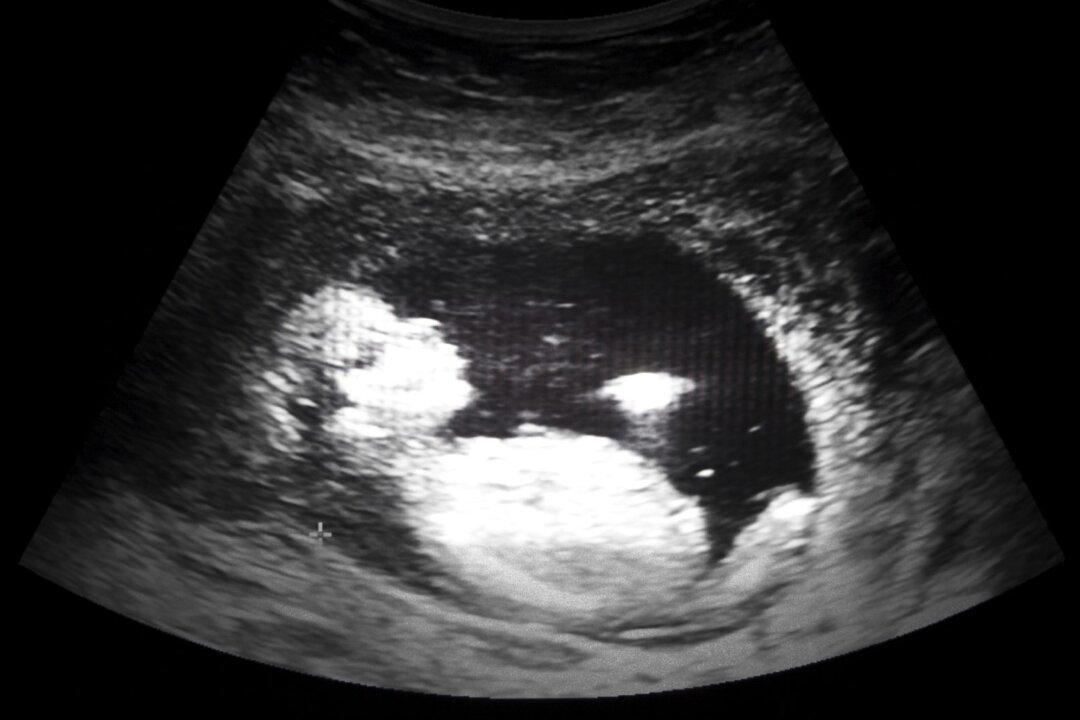A federal judge on May 24, temporarily blocked a Mississippi law that would ban most abortions once a fetal heartbeat is detected, at about six weeks of pregnancy.
U.S. District Judge Carlton Reeves’ order stops the law from taking effect July 1.

A federal judge on May 24, temporarily blocked a Mississippi law that would ban most abortions once a fetal heartbeat is detected, at about six weeks of pregnancy.
U.S. District Judge Carlton Reeves’ order stops the law from taking effect July 1.